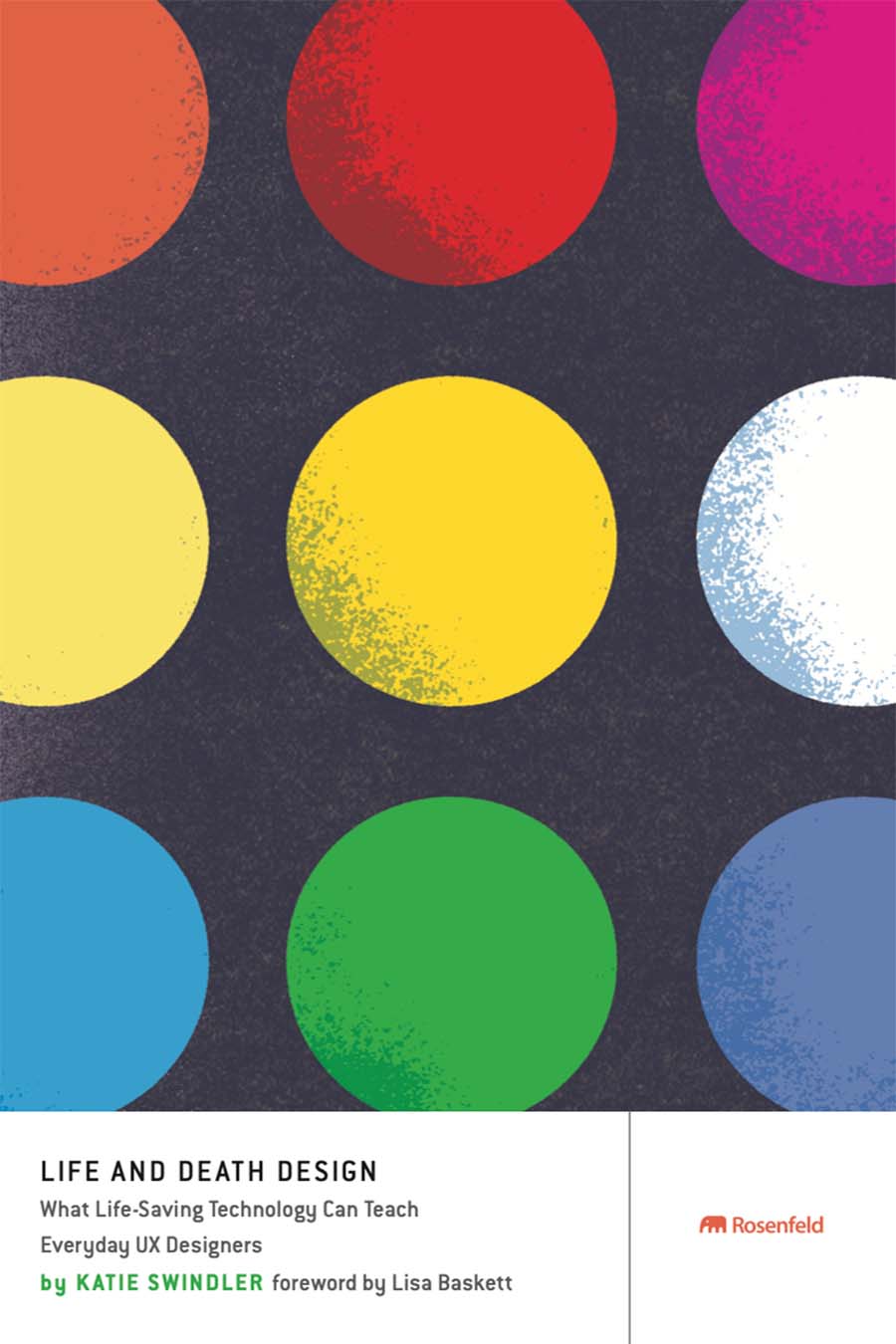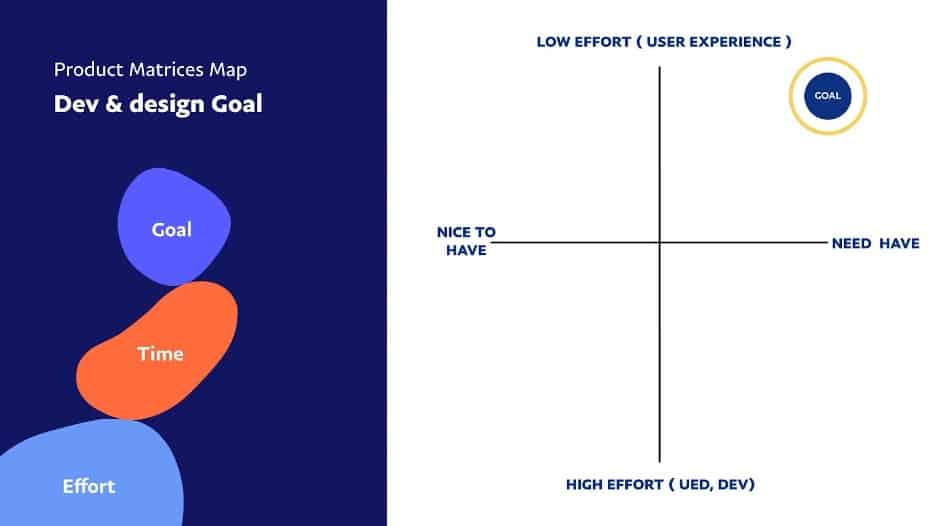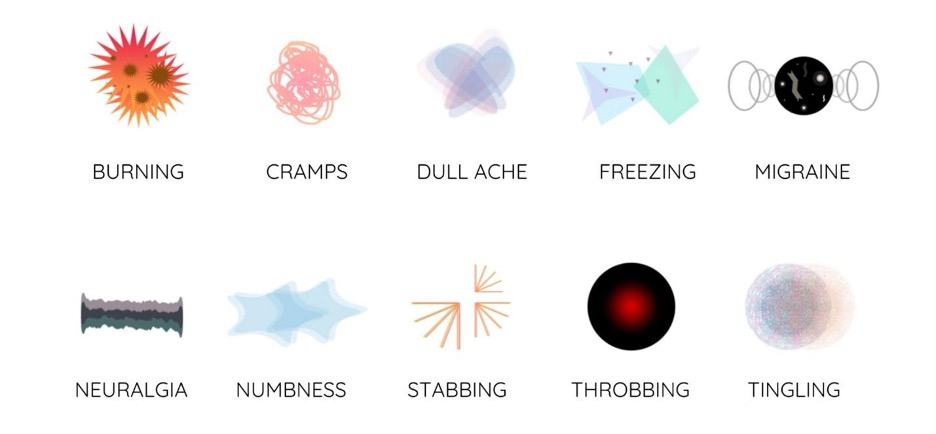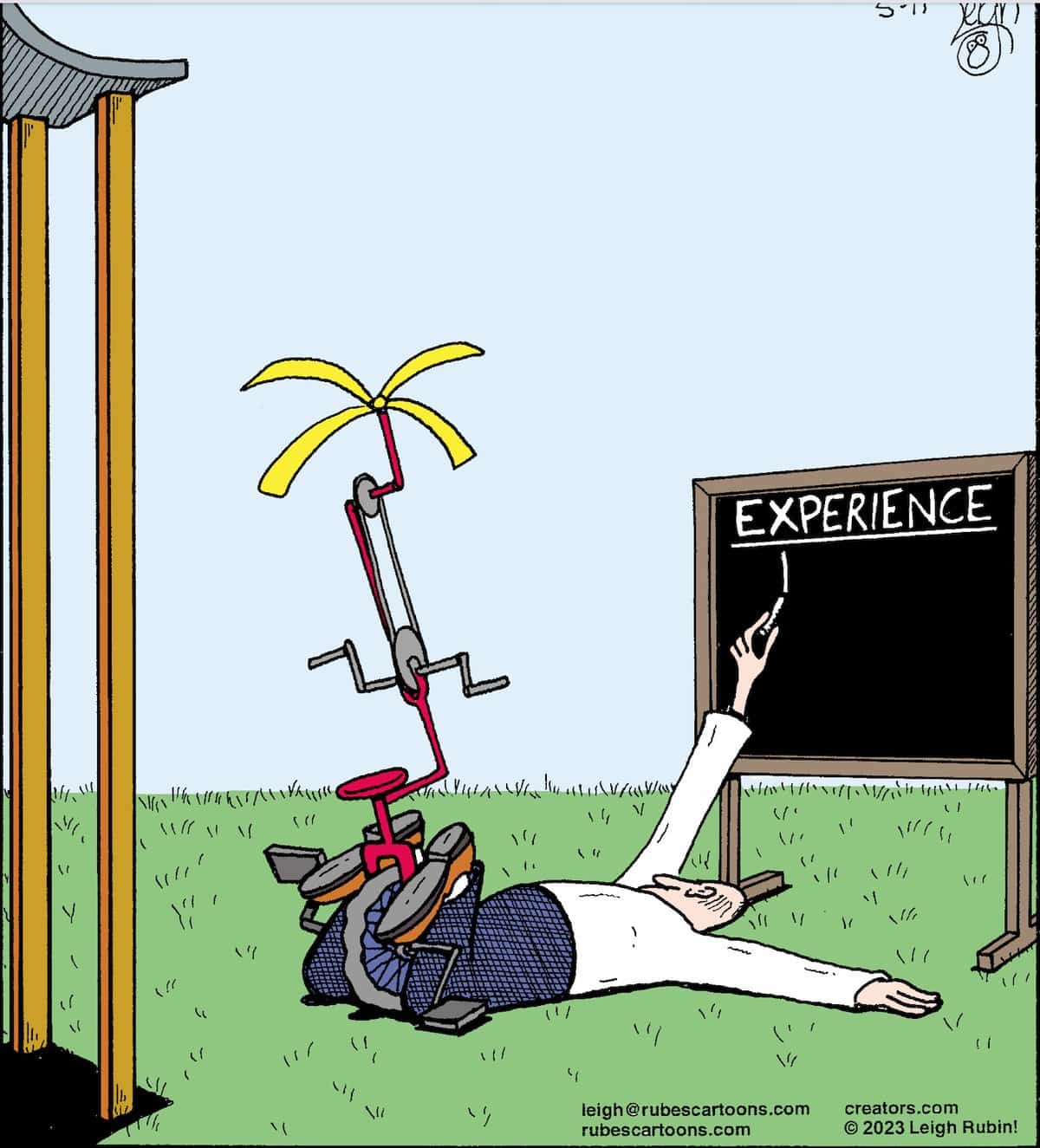

Changemakers: Designing Transformation (Book Review)
A review of Changemakers by Maria Giudice and Christopher Ireland describes an indispensable guide for leaders to drive organizational transformation effectively. This book offers essential wisdom, actionable insights, and strategies for meaningful innovation and change in the modern world. Discussions include why it’s beneficial to address challenges as design problems and see through the design lens to find solutions. The book explores how to navigate the organizational, cultural, stakeholder, and resource-related complexities required for change to happen for the desired outcomes.

How To Be A UX Hero (Book Review)
A review of Life and Death Design by Katie Swindler describes a book on how UX practitioners can utilize research in neuroscience to better develop life-saving products. Topics include physiological analyses of stress responses, the role of human intuition in problem-solving, and tips on how user interfaces can inspire perseverance and action.

Creating Exceptional Products: Using a Product Matrices Map
Product outcomes and revenue are paramount for tech companies. Though often sharing roadmaps, their related plans can lack comprehensive evaluation and prioritization from the UX and customer perspective. A customized Product Matrices Map (PPM) can orchestrate seamless communication among designers, product managers, engineers, and all stakeholders to drive efficient goal alignment. Prioritization of features’ development is defined by a matrix showing low to high effort and low to high impact.

Becoming a UX Researcher in the Games Industry
The games industry is a dynamic field in which technological advancements and artistic expressions are combined to create new experiences. Getting into the industry requires a transferable skill set that accommodates key differences between games and other interactive systems that impact games’ UXR objectives and approaches. Industry differences are discussed along with the benefits of working in games UXR. Future industry trends are described including cutting-edge technologies and potential areas of professional focus.

Inclusive by Design: Use a Trauma-Informed Approach
Trauma is a global epidemic. Almost everyone has lived experience of trauma, and re-traumatization—reliving the traumatic event—can happen at any moment from related or unrelated stimuli; in the digital age, that notably includes technology. User experience researchers and designers are uniquely positioned to ensure tech is helpful and avoids (further) harming anyone. This article first explores what trauma is and covers the six guiding principles to a trauma-informed approach, per the U.S. Substance Abuse and Mental Health Services Administration. It then relates the principles to user experience research and design. Concepts of becoming a trauma-informed designer include usability, positionality, and continual learning.

Chronicling Pain: Creating Dynamic, Customizable, Modular Icons for Describing Abstract Physical Symptoms
This article offers a design solution for enhancing chronic pain communication that employs color, shapes, motion, and sound to include nuance and specificity. Specific descriptions of pain can result in more accurate medical diagnoses and treatments that increase patient satisfaction.
Research findings demonstrate how this approach improves upon existing methods. The author explains how the clinical design solution adheres to inclusive and universal design principles.

Trauma-Sensitive Research for User Researcher
Trauma-informed user research methods drawn from the author’s clinical experience provide strategies for ethically negotiating consent, redirecting trauma narratives, and ensuring participant and researcher well-being.
About UXPA

User Experience Professionals Association (UXPA) International supports people who research, design, and evaluate the user experience (UX) of products and services.

